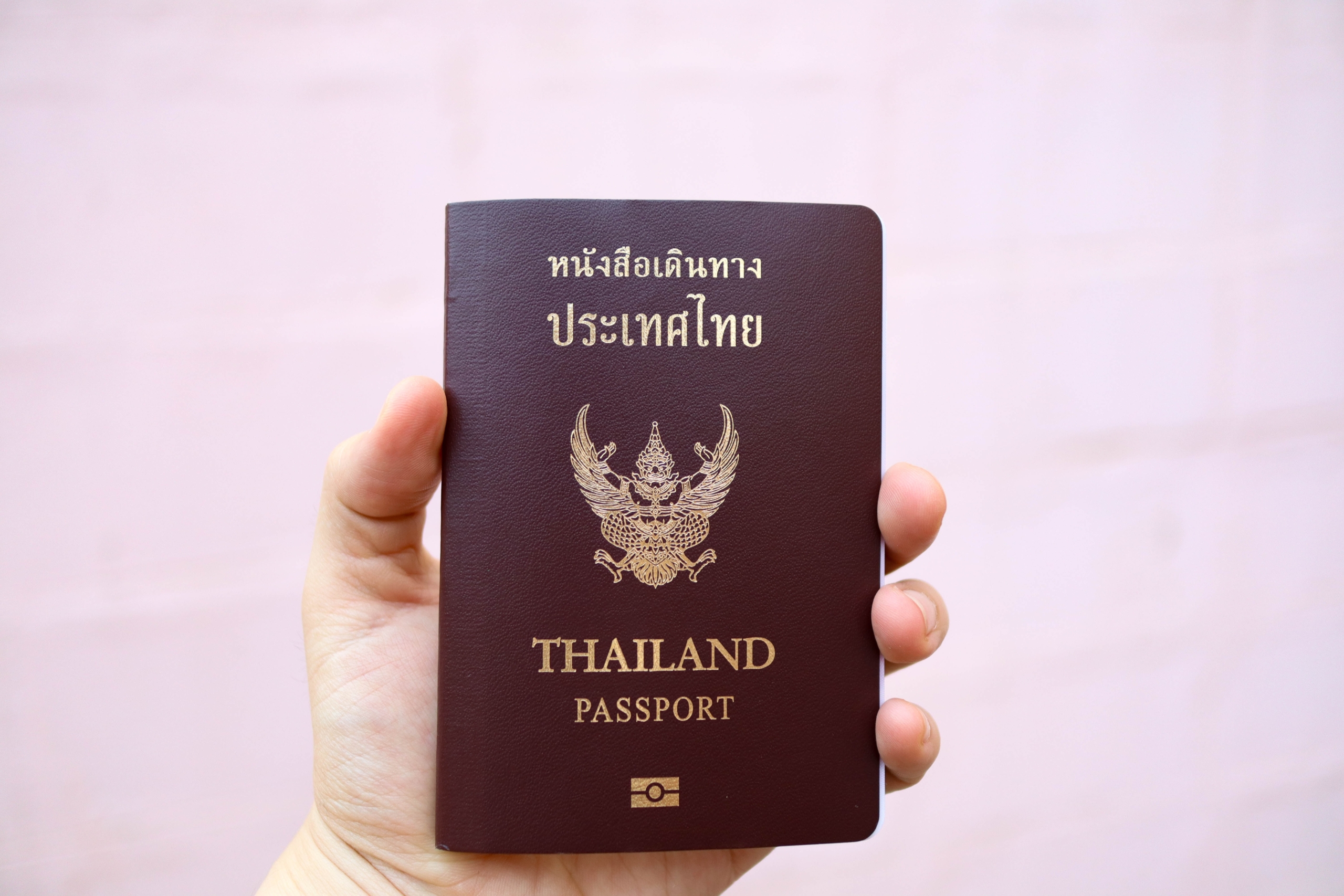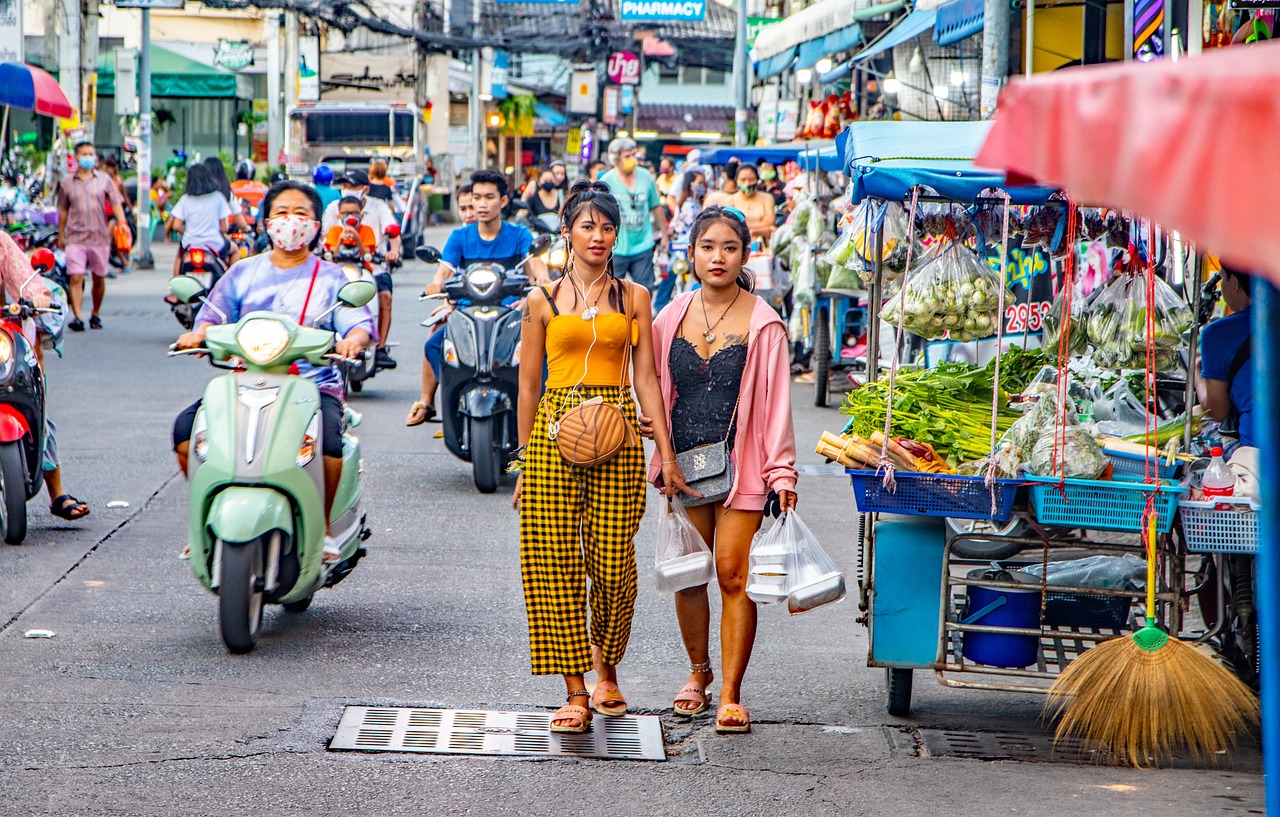Did you know that in Thailand, it’s common for people to have two names: an official name and a nickname? The official name is typically used in formal situations, such as job applications or banking transactions. Nicknames are used in everyday situations, including at school or work. It isn’t unusual to know someone for decades, only by their nickname! We hope we got your attention, as in this article we will explore Thai nicknames and their social effects.
We’ll start with an interesting fact: Thai people didn’t have surnames until 1913 when King Rama VI introduced the Surname Act. Before that, Thais mainly used their first names. However, this change was necessary to keep accurate records of the population. To ensure uniqueness, Thai names became longer and more complex, almost like phrases. To better understand what this means, have a look at the following Thai names: Somchai Wongthanakit, Worawut Srisombat, Phakpoom Chaiyasitm, Wanida Suthisarn, and Chalermchai Kositpipat.
Nowadays, Thai names may pose a challenge when you come across them for the first time. Because of the distinctive nature of each name, one might find it difficult to know the gender of the person, and the proper way to address them. A useful and reliable tool from NameAPI, the Name Genderizer, can help with that, as it can tell you a person’s gender accurately based on their name. Can you guess Chalermchai Kositpipat’s gender? It’s male!
Thai Nicknames and Their Influence
In Thailand, most people have and use nicknames. If someone doesn’t have a nickname, they might be called by a shorter version of their real name. In the past, a woman named Somsrivadeeratana would be known as ‘Som’. Similarly, a man named Boonratanachai would go by ‘Boon’ or ‘Chai.’ Still, in time, nicknames took the stage and started shaping people’s identities.
Called “Chue Len”, Thai nicknames today are chosen based on personal traits, looks, aspirations, or symbolisms. Parents or family members usually choose the nickname of the child at birth, often with no connection to their real name. They can also be inspired by events or circumstances at the time of a person’s birth. For example, if a child is born during a rainy season, they might be given a nickname related to rain or water. Sometimes, friends or classmates give each other extra nicknames based on how they look or act.
The following are a few popular examples of Thai nicknames, along with their meaning:
- Oat – Usually given to individuals with the given name Worawut. It means “youngest sibling” or “little brother/sister” and is used to indicate their birth order in the family. It can also carry a sense of endearment and affection, as it creates a closer bond and signifies a special relationship.
- Ploy – In Thai, “Ploy” means “gem” or “precious stone.” Just like a gem, the nickname is used to signify that the person is cherished, valuable, and unique. It reflects the beauty and worth of the individual.
- Kao – Meaning “white” or “pure”, it can be given to someone with fair skin or used metaphorically to describe purity of heart or character. It has a sense of simplicity, freshness, and clarity.
- Nok – Nok translates to “bird”. It can be given to individuals who are lively or have a free-spirited nature, symbolizing the characteristics associated with birds.
- Tao – Tao means “turtle”. This nickname is sometimes given to individuals who are believed to have a slow and steady nature, showcasing their patience.
Is There More to Thai Nicknames than Meets the Eye?
Thai nicknames have a great impact on society beyond just being fun alternatives to official names. They can strengthen relationships but also reinforce social hierarchies and stereotypes. In professional settings, higher-ranking individuals may use nicknames for their subordinates, while subordinates show respect by using formal titles or full names for their superiors. This can limit challenging authority and promoting equality. Moreover, some nicknames focus on physical characteristics, unintentionally promoting beauty standards and causing pressure to conform. Using such nicknames can cause discrimination, affecting self-perception and interactions between individuals.
Recognizing and understanding these effects is essential in promoting a more inclusive and respectful society, where individuals can express their identities without facing judgment or prejudice. Only by embracing the positive aspects of Thai nicknames, promoting respect, and challenging unfair judgments, a society where these traditions coexist with greater equality and acceptance will be built.












